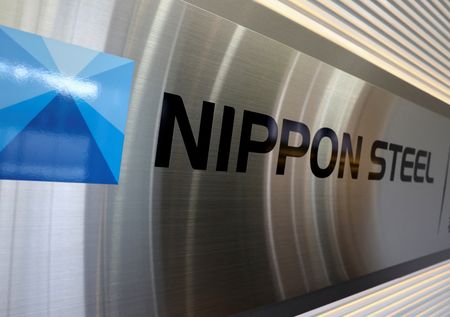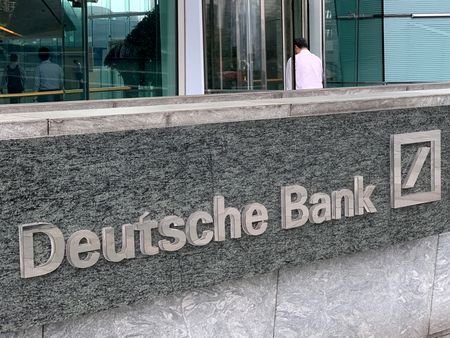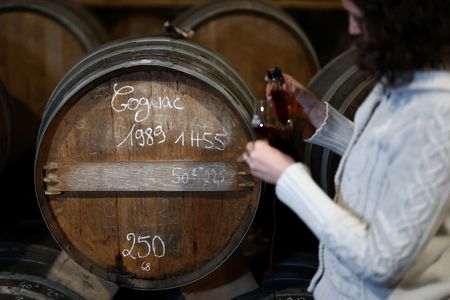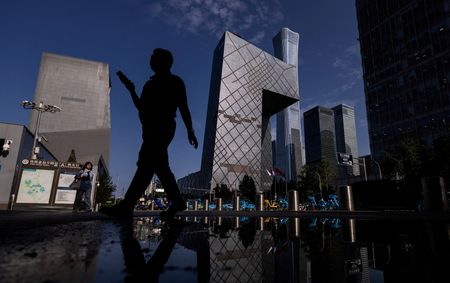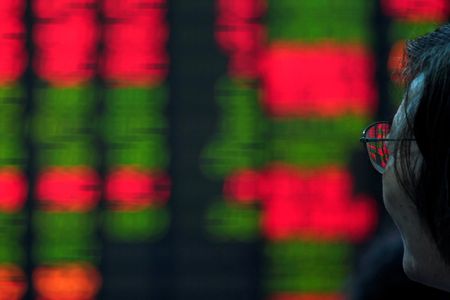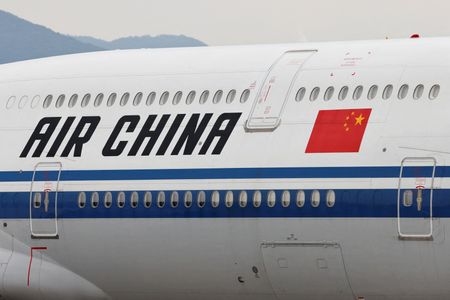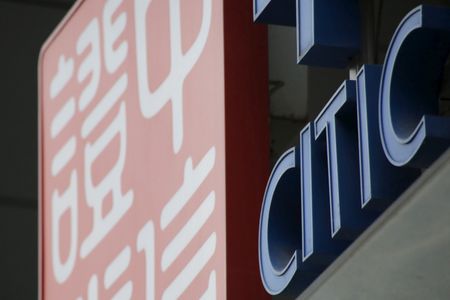By Chen Aizhu and Trixie Yap
SINGAPORE (Reuters) -China’s Zhejiang Jiaao Enprotech said on Wednesday its subsidiary had obtained a state-granted export licence for sustainable aviation fuel for 2025.
This is one of the first such permits Beijing has granted to the country’s nascent low-carbon aviation fuel industry, industry officials said.
Export licences are among the key policy tools the industry has been waiting for since a group of mostly privately-led biofuel refiners announced a $1 billion-plus investment to build new SAF plants for domestic use or export, Reuters reported last May.
Jiaao’s newly-launched subsidiary plant in Lianyungang, in eastern China’s Jiangsu province, is able to produce 372,400 metric tons of low-carbon aviation fuel at full operation this year, the company said in a stock exchange filing.
“Upon receiving the export licence, the company shall flexibly allocate supplies from both domestic and international sources … so to maximise profitability,” Jiaao said in the filing. Oil major BP owns a 15% stake in the Lianyungang SAF plant.
Most SAF plants process waste cooking oil into the fuel.
The industry is also waiting for Beijing to announce a mandate for SAF to be incorporated into traditional jet fuel.
Companies were hoping that by the end of 2024 the government would issue a requirement for 2% to 5% of SAF to be mixed into traditional jet fuel by 2030.
However, Beijing has yet to announce a blending mandate, leading some refiners to push back the startup of new plants.
China is the world’s second-largest aviation fuel market.
It began a pilot scheme in September for the first use of SAF in a dozen flights departing from domestic airports in Beijing, Chengdu, Zhengzhou and Ningbo. That was expanded in March to all domestic flights departing these airports.
(Reporting by Trixie Yap and Chen Aizhu. Editing by Louise Heavens and Mark Potter)


